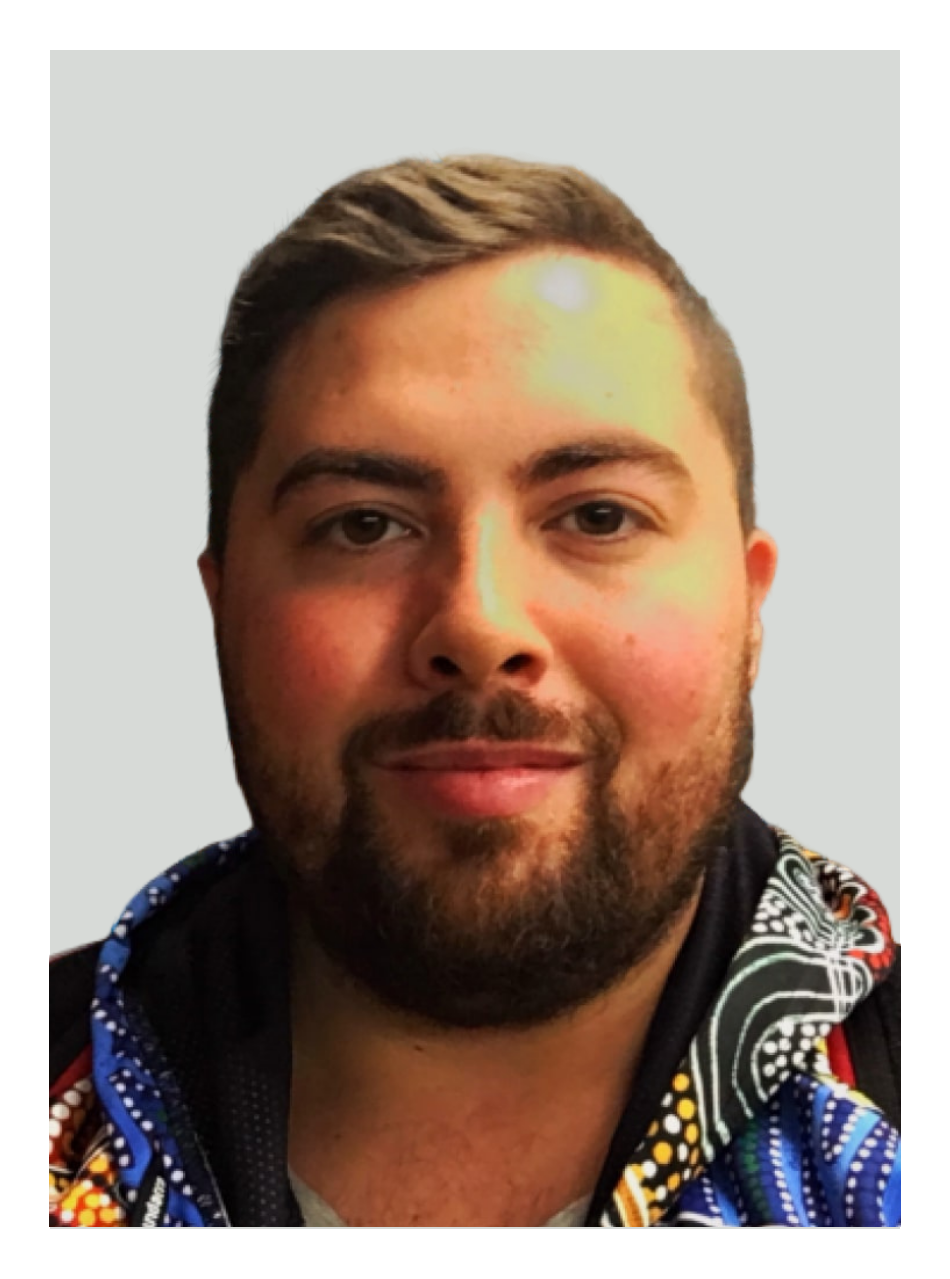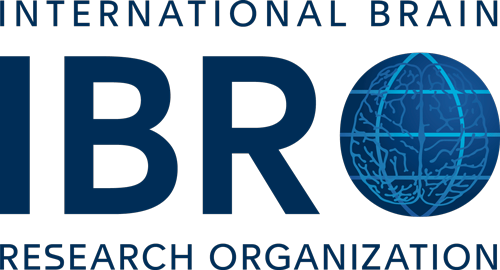Watch the recording of this webinar
You can find all ALBA webinars recording on our YouTube Channel.
an ALBA-IBRO webinar on Indigenous perspectives
As part of the ALBA-IBRO Global Diversity Series, this webinar focuses on the intersection of Indigenous knowledge and neuroscience, highlighting the systemic challenges that neuroscientists from these communities navigate in academia, and the ongoing efforts to redefine what constitutes Indigenous research.
Participants will gain insights into the lived experiences of Indigenous neuroscientists. The session will address the systemic barriers these scientists encounter, including underrepresentation, negative stereotypes, cultural misappropriation, the lack of recognition for Indigenous origin, and the need for better self-identification mechanisms within academic institutions.
The webinar will also present best practices from projects that integrate Indigenous health research with community involvement. These examples will illustrate the importance of cultural awareness for a shift towards more inclusive, holistic methodologies when studying the brain.
This webinar aims to foster a deeper appreciation for Indigenous perspectives in neuroscience, encouraging the adoption of inclusive practices that respect and elevate the contributions of all scientists.
Please note that the webinar will be held in English. There will be written live captions and translation available.
Chair & Panelists
Dr Melissa L. Perreault
Department of Biomedical Sciences, University of Guelph, ON, Canada - Chair
 Dr. Melissa L. Perreault is an Associate Professor and neuroscientist in the Department of Biomedical Sciences at the University of Guelph and a member of the Royal Society of Canada. Her translational research is focused on the understanding of sex differences in the mechanisms that underly neuropsychiatric disorders, and on the identification of brain wave patterns that can be used as biomarkers to identify brain and mental health disorders. Dr. Perreault is Indigenous, a citizen of the Métis Nation of Ontario, Canada. She has developed numerous Indigenous and equity, diversity, and inclusion initiatives at institutional, national, and international levels. As a member of the Indigenous Knowledge Holders Group for the Canadian Brain Research Strategy and Lead of the Cross-cultural Working group for the International Brain Initiative, she continues to strive towards inclusivity in neuroscience and Indigenous community research.
Dr. Melissa L. Perreault is an Associate Professor and neuroscientist in the Department of Biomedical Sciences at the University of Guelph and a member of the Royal Society of Canada. Her translational research is focused on the understanding of sex differences in the mechanisms that underly neuropsychiatric disorders, and on the identification of brain wave patterns that can be used as biomarkers to identify brain and mental health disorders. Dr. Perreault is Indigenous, a citizen of the Métis Nation of Ontario, Canada. She has developed numerous Indigenous and equity, diversity, and inclusion initiatives at institutional, national, and international levels. As a member of the Indigenous Knowledge Holders Group for the Canadian Brain Research Strategy and Lead of the Cross-cultural Working group for the International Brain Initiative, she continues to strive towards inclusivity in neuroscience and Indigenous community research.
Rudi Louis Taylor-Bragge
Monash University, Australia
 I am Iowendjeri Boonwurrung Kulin, born and raised on Boonwurrung country in my hometown of Euro Yuroke (St Kilda). I am passionate about music, have a multi-instrumental background and completed my studies in music production at Swinburne University. I am equally passionate about Indigenous health and wellbeing, and currently am a PhD candidate in psychology at Monash University. In addition to running several small businesses, I am developing an Indigenous cultural centre for my local area that will feature a small cafe, arts, and creative space to promote cultural empowerment for the Aboriginal communities of Birraranga (Melbourne). My connection to Country and people fuels my commitment to narrowing the equitable gaps between Indigenous and non-Indigenous people.
I am Iowendjeri Boonwurrung Kulin, born and raised on Boonwurrung country in my hometown of Euro Yuroke (St Kilda). I am passionate about music, have a multi-instrumental background and completed my studies in music production at Swinburne University. I am equally passionate about Indigenous health and wellbeing, and currently am a PhD candidate in psychology at Monash University. In addition to running several small businesses, I am developing an Indigenous cultural centre for my local area that will feature a small cafe, arts, and creative space to promote cultural empowerment for the Aboriginal communities of Birraranga (Melbourne). My connection to Country and people fuels my commitment to narrowing the equitable gaps between Indigenous and non-Indigenous people.
Rudi is a member of the International Brain Initiative's (IBI) Cross-Cultural Neuroscience Working Group.
Dr Olivia Matshabane
SAMRC Genomics of Brain Disorders Unit, Department of Psychiatry, Stellenbosch University, South Africa
 Dr Olivia Matshabane is a research psychologist and neuroethics researcher. Her work focuses on the ethical, legal, social, and cultural implications of neuropsychiatric genomics and the neuroethical implications of new and emerging neurotechnologies. She is the Principal Investigator on an African Academy of Sciences and Bill and Melinda Gates Foundation seed grant focussed on neuroethics in Africa. Before joining the SAMRC Genomics of Brain Disorders Unit in the Department of Psychiatry at SU, she completed a two-year Postdoctoral Fellowship at the National Institutes of Health (NIH) in the United States, where her work used social network analysis to investigate family communication patterns and stigma among families affected by a genomics-related neuropsychiatric disorder. Dr Matshabane is a member of the Psychiatric Genomics Consortium (PGC) Africa Working Group leadership committee. She is also the South Africa representative in the African Brain Data Network (ABDN) and the International Neuroethics Society (INS) representative to the International Brain Research Organization (IBRO). She is a member of the International Brain Initiative's (IBI) Cross-Cultural Neuroscience Working Group and she is also one of the 24 international expert scientists tasked to develop a recommendation on ethics of neurotechnology by UNESCO.
Dr Olivia Matshabane is a research psychologist and neuroethics researcher. Her work focuses on the ethical, legal, social, and cultural implications of neuropsychiatric genomics and the neuroethical implications of new and emerging neurotechnologies. She is the Principal Investigator on an African Academy of Sciences and Bill and Melinda Gates Foundation seed grant focussed on neuroethics in Africa. Before joining the SAMRC Genomics of Brain Disorders Unit in the Department of Psychiatry at SU, she completed a two-year Postdoctoral Fellowship at the National Institutes of Health (NIH) in the United States, where her work used social network analysis to investigate family communication patterns and stigma among families affected by a genomics-related neuropsychiatric disorder. Dr Matshabane is a member of the Psychiatric Genomics Consortium (PGC) Africa Working Group leadership committee. She is also the South Africa representative in the African Brain Data Network (ABDN) and the International Neuroethics Society (INS) representative to the International Brain Research Organization (IBRO). She is a member of the International Brain Initiative's (IBI) Cross-Cultural Neuroscience Working Group and she is also one of the 24 international expert scientists tasked to develop a recommendation on ethics of neurotechnology by UNESCO.
Prof. Louise Parr-Brownlie
Department of Anatomy, University of Otago, New Zealand and Science Advisor to the Ministry of Business, Science and Innovation, New Zealand.
 Louise (Ngāti Maniapoto me Te Arawa) draws on Western science and mātauranga Māori research to facilitate positive ageing and equitable treatments for people living in Aotearoa New Zealand with neurodegenerative disorders. Her biomedical research focuses on understanding how brain cell activity controls movements, and how this changes in Parkinson’s disease. Her lab team and collaborators have translated this knowledge to test novel ways to treat Parkinson’s disease using light to stimulate specific brain cells. She also explores lifestyle, cultural and clinical factors that may be harnessed to modulate neuroinflammation and slow symptom progression. Louise is a Science Advisor to the Ministry of Business, Innovation and Employment, which overseas public research funds in the research, science and innovation sector in Aotearoa New Zealand. She has previously led the Ageing Well National Science Challenge as the Director and was a member of the Health Research Council’s Biomedical Research Committee. Her leadership effects science sector changes in Aotearoa New Zealand, and internationally she serves as the Secretary of the International Basal Ganglia Society Council.
Louise (Ngāti Maniapoto me Te Arawa) draws on Western science and mātauranga Māori research to facilitate positive ageing and equitable treatments for people living in Aotearoa New Zealand with neurodegenerative disorders. Her biomedical research focuses on understanding how brain cell activity controls movements, and how this changes in Parkinson’s disease. Her lab team and collaborators have translated this knowledge to test novel ways to treat Parkinson’s disease using light to stimulate specific brain cells. She also explores lifestyle, cultural and clinical factors that may be harnessed to modulate neuroinflammation and slow symptom progression. Louise is a Science Advisor to the Ministry of Business, Innovation and Employment, which overseas public research funds in the research, science and innovation sector in Aotearoa New Zealand. She has previously led the Ageing Well National Science Challenge as the Director and was a member of the Health Research Council’s Biomedical Research Committee. Her leadership effects science sector changes in Aotearoa New Zealand, and internationally she serves as the Secretary of the International Basal Ganglia Society Council.
This webinar is part of the ALBA-IBRO global diversity webinars and organised with the support of the International Brain Research Organization, a founding partner of the ALBA Network.

IBI Crosscultural Working Group
To organise this webinar, ALBA has been working in collaboration with the International Brain Initiative (IBI) Crosscultural Working Group.
The International Brain Initiative (IBI), established in 2017, brings together an original seven brain initiatives – Australia, Canada, China, the European Union, Japan, South Korea, and the USA – and three new affiliates - Aotearoa Brain Project (New Zealand), Neurocenter Finland (Finland), and Brain Research Africa Initiative (Cameroon) – and extraordinary range of disciplines spanning cellular and molecular neuroscience, neural engineering, human systems, and neuroethics to realize a shared, global vision for neuroscience. This IBI international coalition represents an engaged scientific community that has been generating impact for more than 7 years through international collaborative Working Groups among its member nations, global meeting summits, and dissemination of results.
The goal of the Crosscultural Working Group is to bring together cross-cultural and non-Western strategies and ways of knowing and learning to advance the goals of the IBI for inclusive and global neuroscience. It draws upon the vision of the IBI, to create a better future for neuroscience globally by leveraging transdisciplinary strengths in the life sciences and humanities at an international level. The deliverables of this Working Group will provide pivotal steps forward in ensuring that stakeholders from cultures around the world have an explicit voice in IBI work ideas and products, and that diverse knowledges are woven into the fabric of the IBI.



